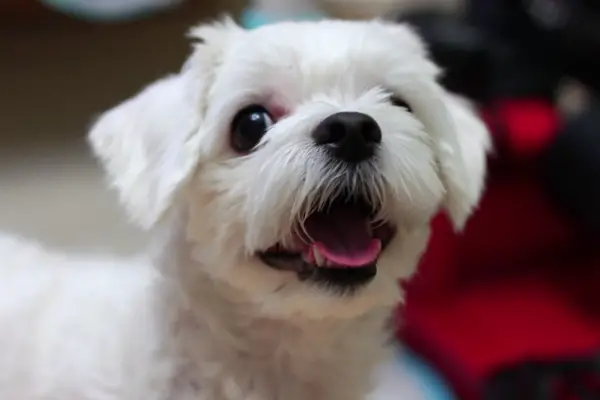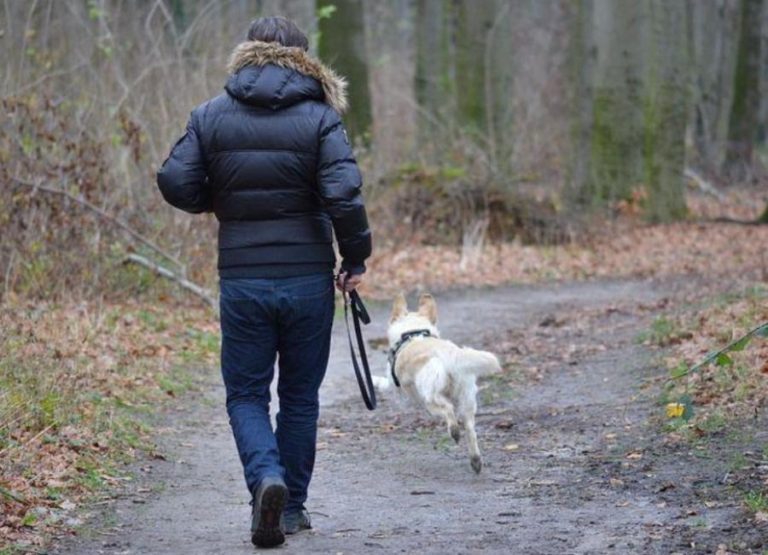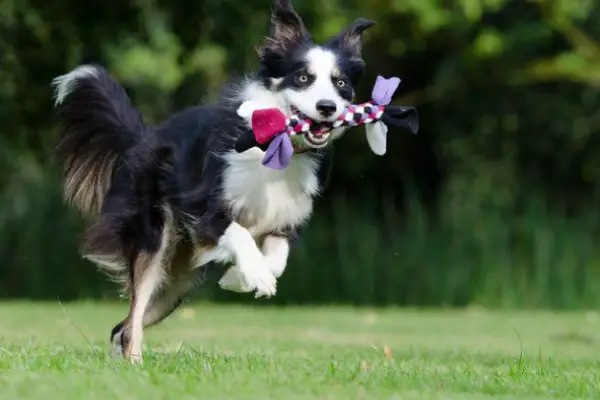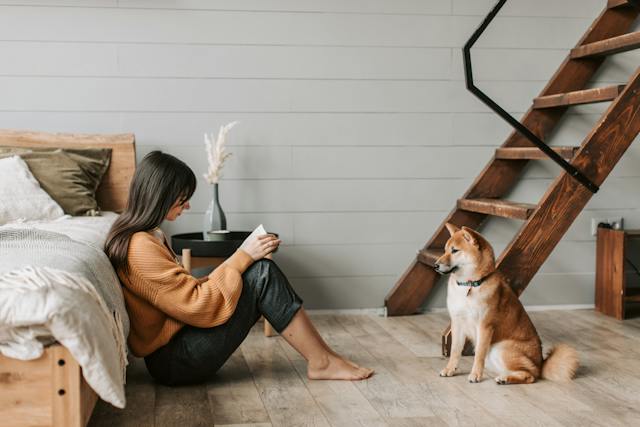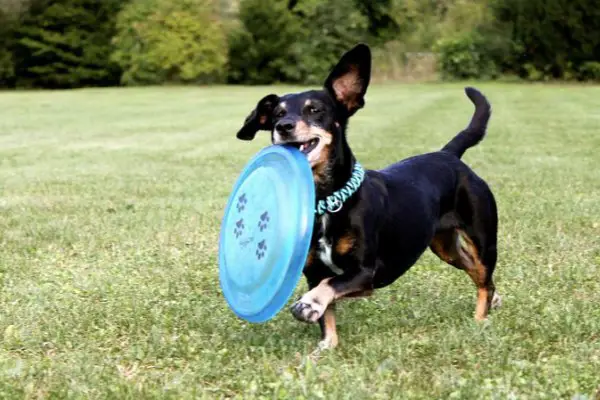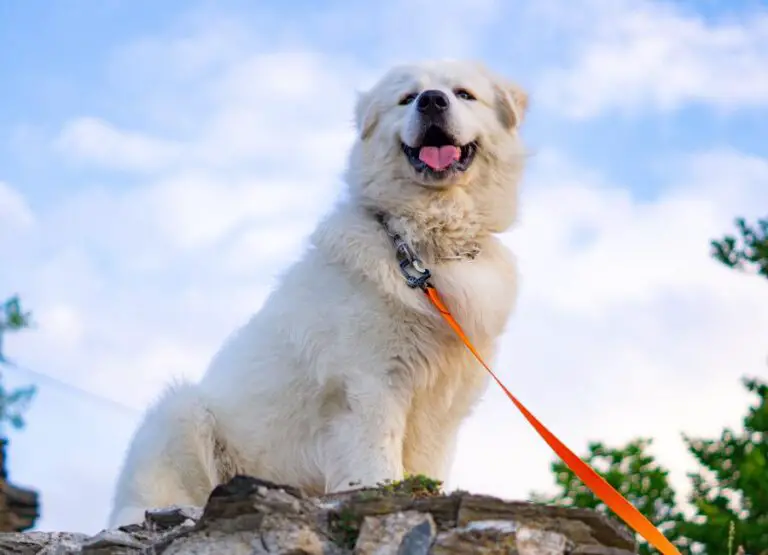Do Pugs Bark a Lot (10 Things That Leads to Barking)
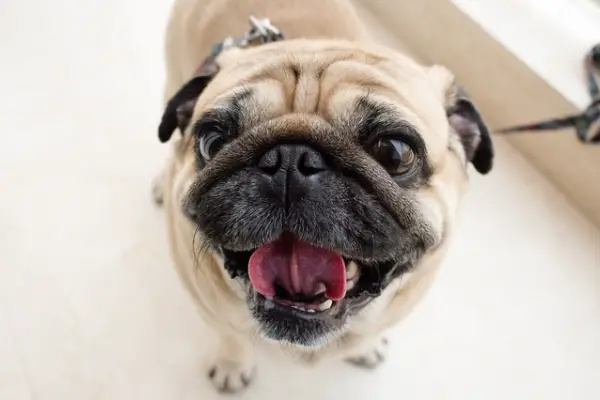
Every dog bark to protect itself or its owners, level of barking differs in dogs, so do pugs bark a lot, let’s take a look!
Barking is the part of a pug’s language to communicate to people around or its owners, so when barking becomes excessive, it’s a problem.
We will be discussing the most common things or activities that can lead to excessive barking in pugs and how to control barking in pugs.
So…
Do Pugs Bark a Lot
Pugs are not very loud excessive barkers, especially when compared to other breeds, but they do bark at anybody they see as a threat, which might include strangers, new family members, or even friends.
Pugs may bark excessively for a variety of reasons, including a need for attention from their owners, separation anxiety, emotional stress, fear, loneliness, strangers, and inadequate socialization.
The way pugs interact with other animals is reflected in their barking. However, it is a means for them to communicate with you.
Pugs don’t just bark for the sake of barking; there has to be a cause for it, which I refer to as bark triggers. Let’s chat about it!
Why do pugs bark so much
Pugs, despite their mild image, can bark excessively for a variety of causes, including the following:
1. Overly excited
Pugs frequently bark when they hear their family members coming home. This indicates that they are happy to see you back home.
You’ll hear his or her excited bark as a kind of anticipation for the activity when he or she gets ready or departs for an exercise.
Pugs are known for barking loudly to show their joy while pursuing a toy or ball.
For example, a pug might bark and hop over the fence to check if the other dogs would like to play with him.
Pugs enjoy barking, and it’s a fun way to engage with them. Pugs express their joy by barking at things that make them pleased.
This type of barking is not a problem because once the excitement is over they stop barking.
2. Pugs bark to alert owners
Pugs aren’t the best security dogs, but they do make great watchdogs and will alert you if someone unfamiliar approaches them.
If you have a visitor, expect your pug to bark to some extent; this is normal pug behavior; learn to cope with it.
If you live in a crowded city or an area with a lot of strangers, you may assume your pug barks a lot; however, good socialization is the only necessary to minimize this.
You will be subjected to these barks on a regular basis if you do not properly teach and socialize your pug that people or pets around you are no threat.
3. Out of separation anxiety
Pug separation anxiety is a behavioral issue that occurs when a dog is separated from his or her owner for a lengthy period of time.
Pugs may develop separation anxiety and begin barking constantly minutes after their owners leave them at home.
Separation anxiety is one of the most prevalent concerns among pug owners, and it is typically caused by a lack of basic training, care, and other factors.
Pugs with separation anxiety become aggressive toward other dogs or humans and bark loudly or even bite.
4. Pugs bark out of fear
Excessive pug barking is often caused by fear, which is often connected to a lack of socialization.
Pugs are little dogs that, if not properly socialized, are constantly afraid of items or pets larger than they are.
Some of the most common reasons for fear in pugs are as follows: The region was immersed in thunder, gunfire, fireworks, and a blanket of darkness.
All of the above enrages a pug, who will bark nonstop until the issue is remedied.
Attempting to socialize your pug with humans and other sounds might be effective in preventing excessive barking.
5. Reoccurring traumatic event
Pugs can experience traumatic situations, which are one of the most prevalent reasons for excessive barking.
According to the AKC, rescue dogs suffer from anxiety or post-traumatic stress disorder (PTSD) as a result of previous trauma.
Any pug who has been exposed to trauma before is at risk of having behavioral problems like barking.
Pugs raised in an aggressive or hostile environment are more prone to suffer emotional problems.
As a conditioned self-protective instinct, they become afraid, antagonistic, or even excessively bark.
6. Pugs bark out of pain or discomfort
Excessive barking can be caused by a variety of circumstances, including prolonged discomfort and disease; however, you can avoid this by arranging frequent medical checks.
If your pug starts barking unnecessarily, look for signs of discomfort or sickness right once.
When a pug is in pain or wounded, he will bark to relieve himself, so keep an eye on him if he starts barking too much.
When your dog barks like this when you touch or pet them, it’s possible that something is harming them or that they are expecting pain from being handled.
This is an indication that you should take your pug to the veterinarian to find out what’s wrong.
7. Pugs bark to get owners attention
When a pug wants to be recognized or demands attention from its owner, it may bark or scream until it receives attention.
They were designed to be companion dogs who spend the majority of their time with their owners.
As a result, they are completely reliant on their owners for everything, including affection, food, water, and medical attention.
If you’re not careful, your sweet little puppy will grow up to be a vicious beast that will bark, hack, and lunge at you.
8. Pugs bark out of frustration
Various variables contribute to a pug’s high degree of animosity and loud barking when he is unsatisfied.
Paying less attention than normal, neglecting the dog, disrupting the dog’s food routines, and so on can all cause unnecessary barking.
Pugs that are frustrated are more inclined to do unexpected things, so make every effort to keep your pug happy.
To deal with a grumpy pug, you must first identify the source of the problem and address it as quickly as possible.
When the pug needs your attention, don’t ignore it. Check to see whether your pug is in any discomfort.
Your pug may be constantly barking at humans, cats, other dogs, or pets as a result of inadequate or bad socialization.
Because excessive barking and crying are common complaints among pug parents, you should start socializing with your puppy as soon as possible.
You must train your pug not to perceive other dogs or pets in his or her area as a threat if you wish to limit the quantity of barking.
Teach this to your pug from the time he or she is a puppy to avoid your pug barking excessively as a result of inadequate socialization.
10. Pugs bark due to dementia
Some pugs will bark at night or at something that does not appear to be there as they become older.
In an elderly pug, this might be a symptom of cognitive impairment.
The bark appears to be in response to nothing and may disappear for no apparent cause.
Make an appointment with your veterinarian if you observe your senior pug barking into a corner or at a wall in the middle of the night to see if there are any actions you can do to make them more comfortable.
Now you have the most common reasons why pugs bark. Let’s talk solutions or control!
How to control barking in pugs
The following are some typical methods for training or controlling a pug to stop barking excessively:
1. Desensitize your pug
Things that irritate your pug or cause him to bark excessively should be removed or exposed to him to all things that irritate him at all times.
Call the mailman and introduce him to your pug if your pug becomes concerned when he sees the mailman, for example.
As a result, your pug will understand that the mailman is not a threat and will coexist with him.
Apply the same procedure to anything else that causes your pug to bark excessively.
2. Provide lots of mental stimulation
Pugs bark a lot due to boredom and a sedentary lifestyle, so keep them engaged and they won’t bark.
A daily 10-minute stroll is excellent, but not in hot weather, since leaving your pug indoors or even playing a short-term extraction game may be enough to expend his energy.
Pugs are high-energy dogs who will bark and do things that aren’t essential if they aren’t given enough mental stimulation.
To keep your pug cognitively occupied, consider a range of toys.
3. Stop changing your daily routine
Keeping a daily schedule for your pug is a simple way to ensure that they get the most out of the training and course you’ve selected for them.
Giving your pug something to do at all times is essential to keeping him active on a daily basis.
On a daily level, stick to what works for you. It’s crucial to eat at the right times, play at the right times, sleep at the right times, and so on.
Stop making changes to your daily routine and the items in your home because this may lead to undesirable behaviors like barking.
The most essential benefit of early pug socialization is that it instills in your dachshund a sense of calm, confidence, and affection.
When you have a well-socialized pug, you have a dog who is comfortable among other dogs and is welcoming to strangers.
The most common strategies for socializing your pug are as follows:
- As much as possible, take your pug to meet other dog owners.
- Attend dog shows with your pug.
- Take your pug to a dog park.
- Inviting your neighbors with other pets is a fantastic idea.
- Bring your pug to the camping with you.
- Attend puppy lessons with your pug.
- With a pug by your side, you can watch your favorite TV shows.
- Play him pug movies on tape.
5. Prevent separation anxiety at all times
Because pugs rely on their owners for attention and pleasure, getting a second pet may be the most effective way to get your pug to quit barking.
If you are regularly gone, you should obtain a second pet for your pug since they were meant to have a human friend.
This will keep them active while you’re gone, which may help them cope with separation anxiety.
Consider adopting a second companion pet because pugs are seldom bored and are unfazed by the presence of other dogs.
6. Don’t yell at your pug while barking
Screaming or shouting at your pug all the time to stop barking gives the wrong message, and your pug will keep barking.
Tranquility, love, compassion, and trust are the fundamentals of pug training. This is something you and your pug should always remember.
If you keep your calm when your pug barks excessively, he or she will eventually stop.
It’s never a good idea to yell at your pug when he barks excessively; instead, try not to pay attention when he barks excessively.
Make barking a bad habit for your pug so that it only barks when absolutely essential and not when it isn’t.
I hope with the information provided on this page I have answered your question Do Pugs Bark a Lot.

